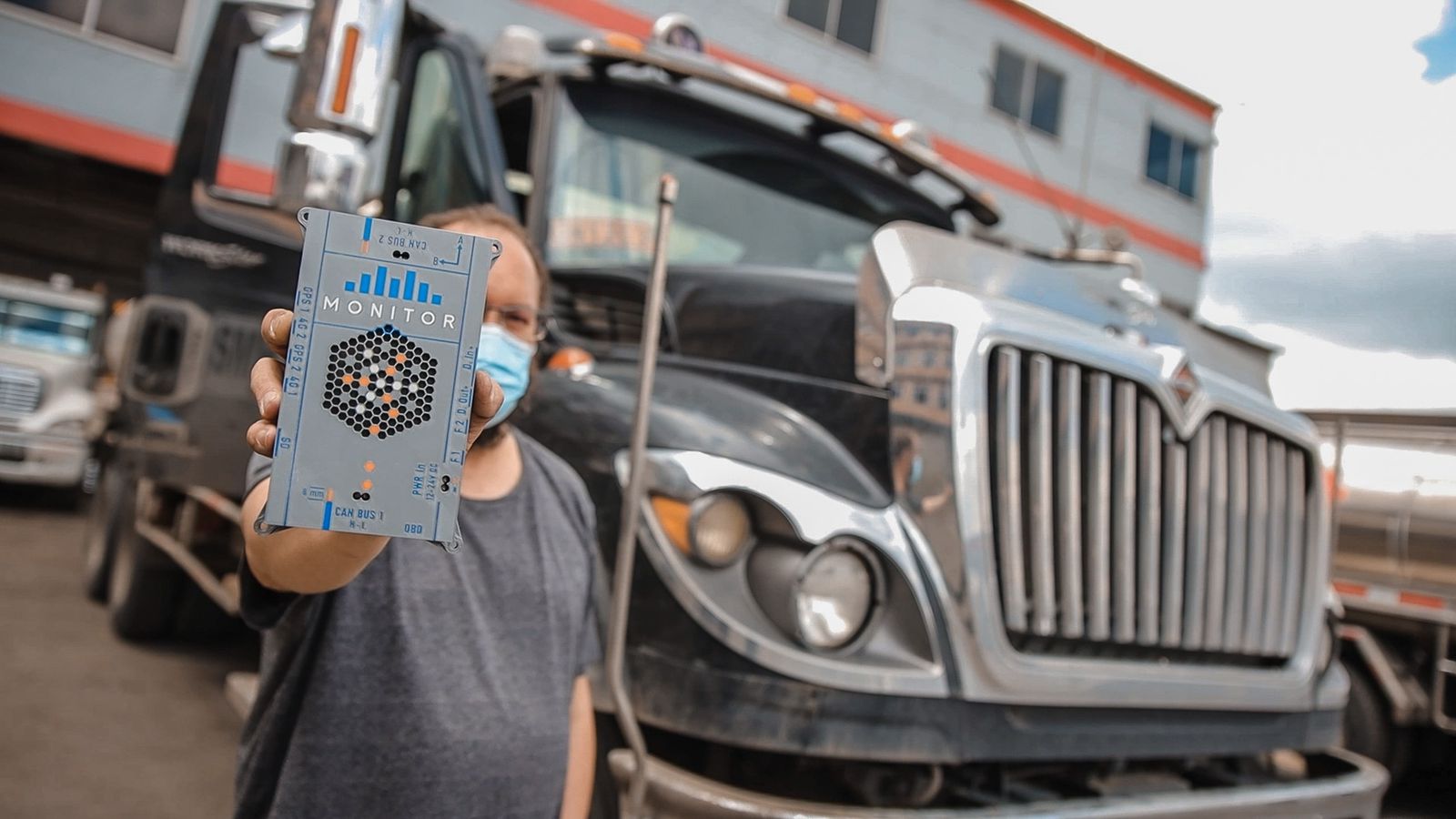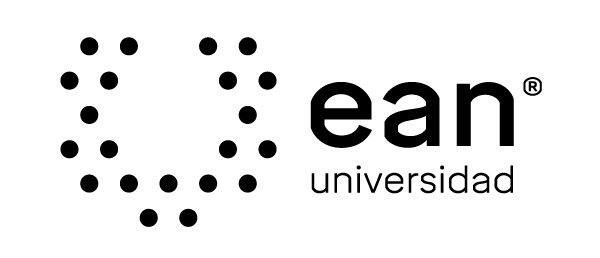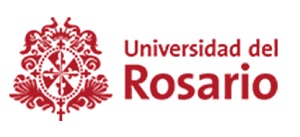Clean Freight Transport

P4G Theme
Zero Emissions Mobility
SDG

Status
Completed
Partnership Type
Start-up
Countries of Operation
About
Clean Freight Transport implemented monitoring devices in freight trucks to measure and lower greenhouse gas (GHG) emissions in Bogotá, Colombia to improve air quality.
Investing in Impact
P4G provided this partnership with US $75,000 in catalytic grant funding.
The partnership enabled greater logistics efficiency and emissions reductions through the development of a portable reusable device that was installed in participating vehicles. The Internet of Things (IoT) – a collective network of connected devices and the technology that facilitates communication between devices and the cloud and people – based device transmits and stores air pollutant indicators to the cloud while the vehicle is in use. Data from each registered vehicle is available through an interactive online platform, allowing companies to track their GHG emission reductions. The partnership also developed an eco-efficient driving course for the city’s freight drivers to minimize emissions on routes.
The partnership took an intersectional approach by bringing together the partners’ expertise: EAN University led the IoT device development and the mathematical model to collect and estimate the GHG emissions; Universidad del Rosario developed the website and dashboard for the analysis, processing and visualization of the data; ANDI engaged companies to participate; TIGO and AWS provided the sim cards and cloud space respectively for real-time data transfer; and ProBogotá Región worked with public officials to align with city and national emission priorities.
These technologies and access to results will enable participating companies to design strategies and allocate investments toward clean technologies to improve their logistics, while helping public authorities design data-informed policies such as technology incentives and/or pollution fees. Meanwhile, researchers, city planners and private sector organizations can build on vital emissions data to study improvements in emissions output. This could significantly reduce health risks related to pollution for Bogotá’s residents.
Through its implementation of the measurement devices, the partnership demonstrated the viable market and commercial value for companies to green their transport logistics. Clean Freight Transport aims to share lessons learned with other associations and future partnerships while enhancing the sustainable driving training course for greater environmental impact.
Besides the funding that P4G provided to the project, partnering with P4G was strategic not only to add objectiveness and technical rigor, but also ensure international standards and good practices, which were fundamental to engage large companies in the measurement of GHG and to connect the project with local and national authorities.



